Gas Food Lodging: Finding a Place in the Canon for Great Women Directors
August 19, 2020 By Go BackPart of dismantling the sexism that exists in Hollywood is not only raising up the voices of women filmmakers working today, but re-examining the canon of great films throughout the decades and finding the films by women that deserve a place among them. The stomach-turning fact is that many great films by respected female phenoms of their day are displaced when we regularly talk about the films of a decade whether by neglect or spiteful purpose. When you look at a career like that of Allison Anders, a writer/director who not only has Spirit Awards and Peabody Awards, but is the rare woman filmmaker to get a MacArthur Fellowship, you begin to wonder why she isn’t talked about more. There is no better place to start talking about Allison Anders and her brilliant voice than with her crossover hit Gas Food Lodging (1992).
Gas Food Lodging follows a family of three women in small-town New Mexico as they rub up against the limitations of what society expects of women. Nora, played by 70s star Brooke Adams, is a single mother exhausted by her job in a diner trying her best to provide for her daughters while attempting to eke out a romantic life for herself. Trudi, brought to life by 80s icon Ione Skye, is her older daughter trying to live up to, or live down, her sexual reputation in the town and wishing to escape the doldrums of life while constantly battling her mother. The whole film is told from the point of view of Shade, the first of many teen roles from Fairuza Balk, who hasn’t yet come to understand the limitations of her family’s place in society and loses herself daily at the movies, imagining their lives are akin to the Mexican melodramas and her idol Elvia Ramirez she sees on the screen.
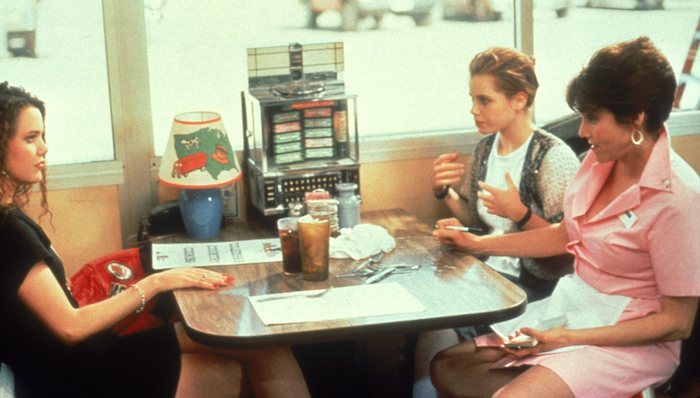
The film is an adaptation of Richard Peck’s young adult novel Don’t Look and It Won’t Hurt, but the changes Anders made are significant. Not only updating it to the 90s, Anders was also drawn to the film because of her experience growing up with a single mother and expanded the vision of the film from something explicitly meant to connect with teens. Never having read the book, I can only assume Brooke Adam’s warm yet combative mother is probably significantly rounded compared to the average YA fare. Allison Anders also had a background in the rougher side of life with whirls around jail, juvenile detention, and the punk rock scene, so you feel the realistic edge of the teens’ lives really come out. Anders shifted the story from Chicago to New Mexico, and along with that move brought an exploration of racial tensions in the region as well. Allison Anders had been working for years prepping her next film Mi Vida Loca, consulting with Latinx people and working to represent the Latinx community in Echo Park where she lived, so the characters feel uncommonly well-realized and nuanced for the era.
Along with the changed plot, it’s undoubtedly the writer/director’s lived experience as a woman that makes this film stand out from the many male-helmed films about teen girls. The film manages an open conversation about teen and adult sexuality and romance without succumbing to salacious gazing and explores the emotional impact, both positive and negative, of all these encounters. It manages to handle the surprise and joy of young romance as well as the disgusting side of manipulation so many women face when presented with limited options. Also as a male viewer, Shade’s naive perspective on the darkness her mother and sister face, as well as their joys and triumphs, almost feel like an invitation to connect even more deeply with these women’s emotional stories as they are discovered onscreen.

Allison Anders’ best trick in Gas Food Lodging isn’t the dramatic irony that lets adults in on the story of a young teen, our wisdom showing the darkness of what Shade misinterprets, but rather the subtle way she brings people of all ages and genders to Shade’s less jaded perspective. By the end, we’re just as surprised and moved when the plot of the film turns out to be more like real life than either the old Mexican melodramas Shade loves or the Hollywood teen movies we’re used to. Without the false swells of emotion, it manages to connect boldly and deeply, finding a truth we’re not used to seeing at the cinema.
This movie alone is proof enough Allison Anders deserves a place in the canon of 90s directors. The film remains a high point in Ione Skye’s career, and in many ways opened the door to the classic teen roles Fairuza Balk would fill throughout the 90s. Anders was the lone woman’s voice in infamous 90s anthology film Four Rooms, went on to bigger films like Grace of My Heart, and collaborated with Kurt Voss on a few well-regarded features as well. Like many indie directors of the era, Allison Anders is now a producer and a significant presence in TV directing. Whatever the future brings for Anders, it’s irrefutable that Gas Food Lodging deserves a place amongst 90s indies and great films exploring the lives of women and teens on screen.
Find the next airtimes for Gas Food Lodging on Hollywood Suite.





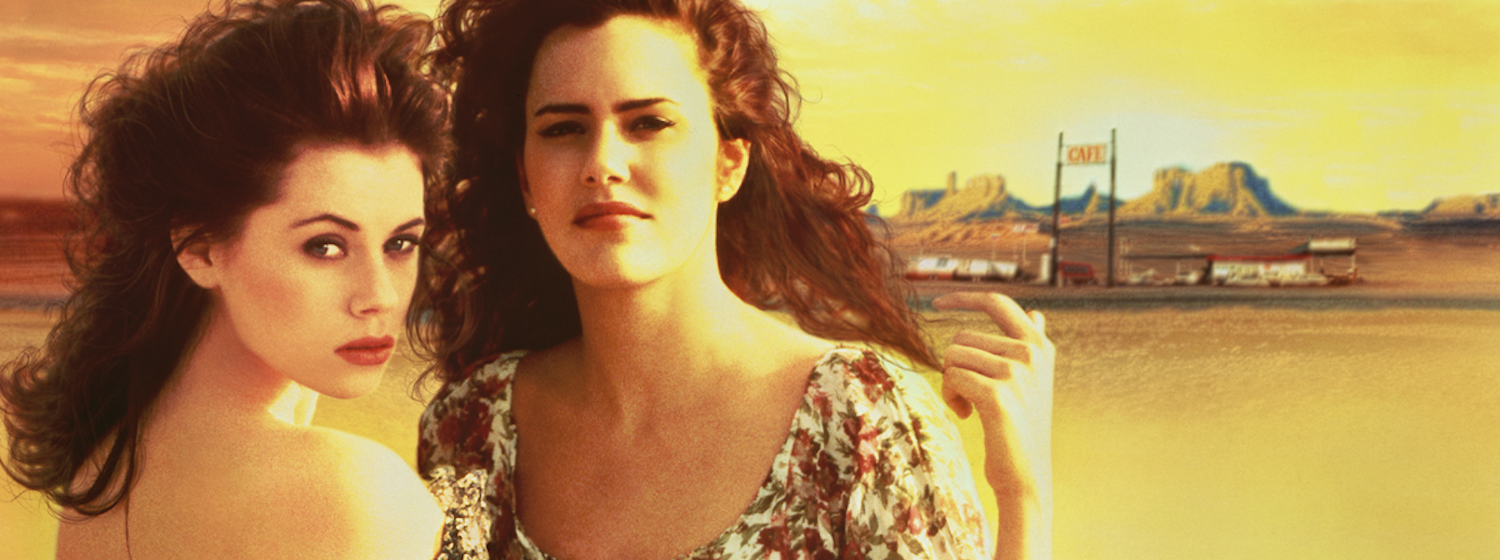


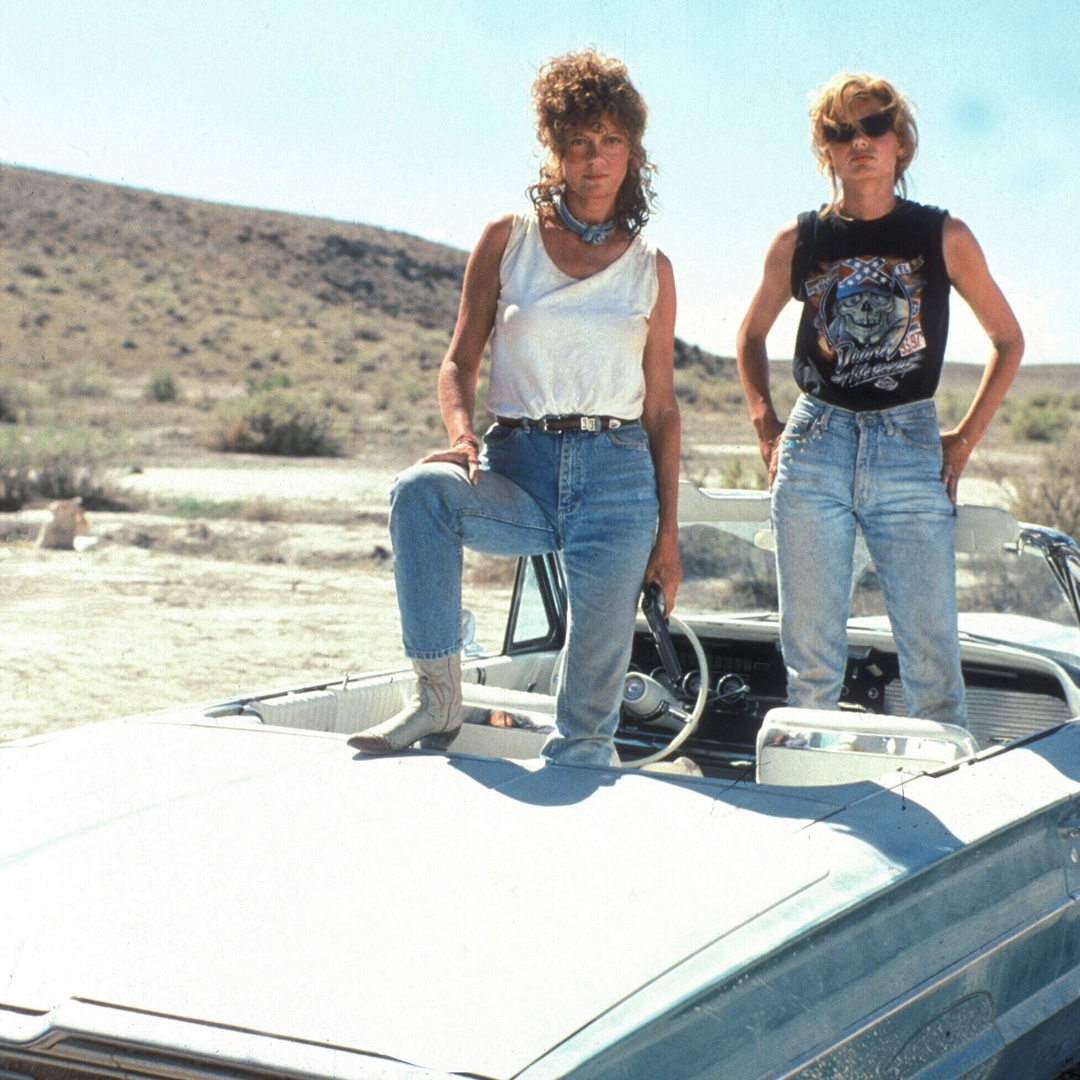
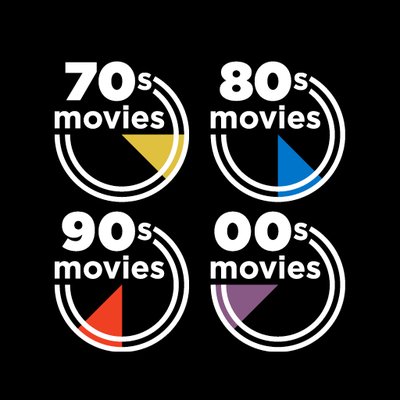
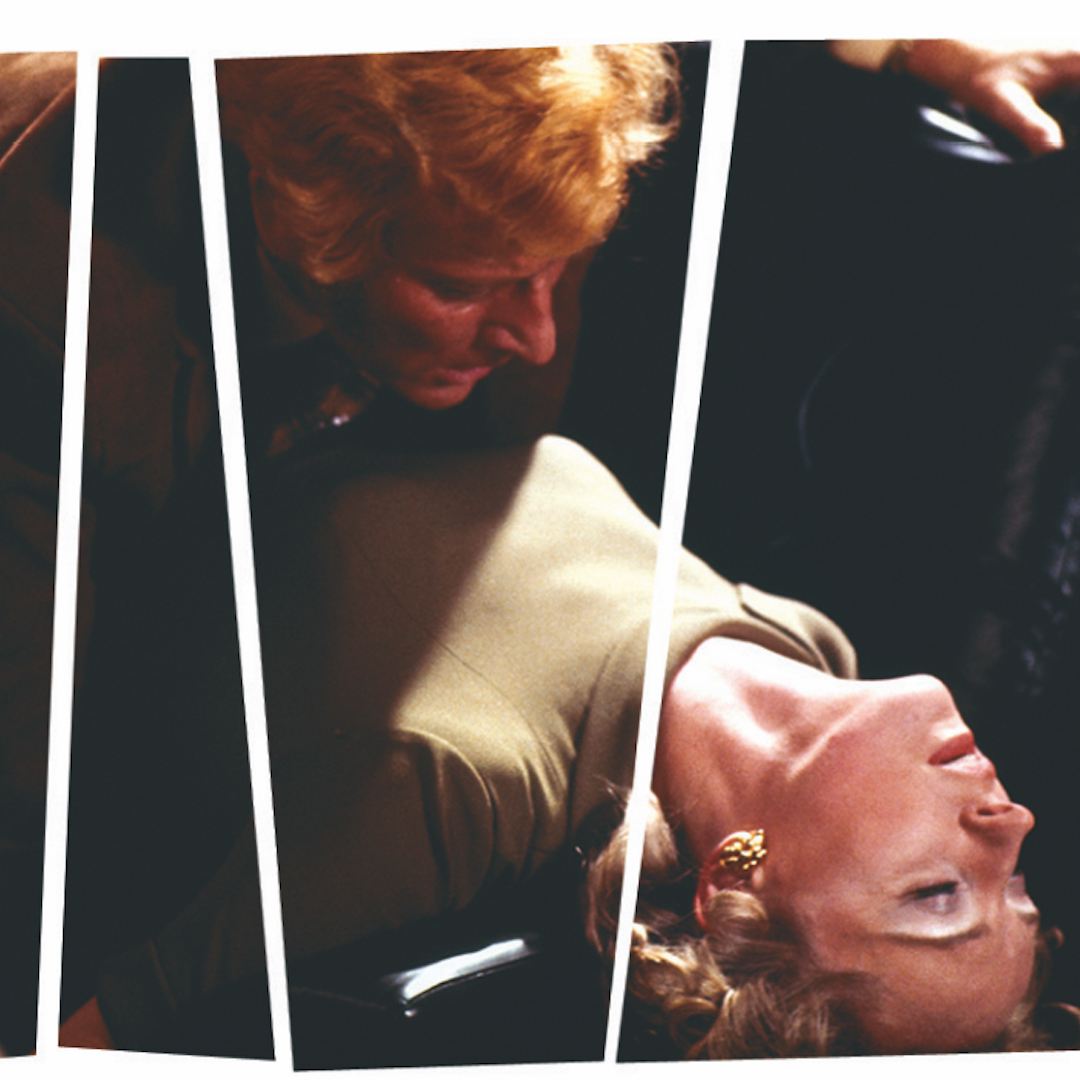

 Follow us on Instagram
Follow us on Instagram